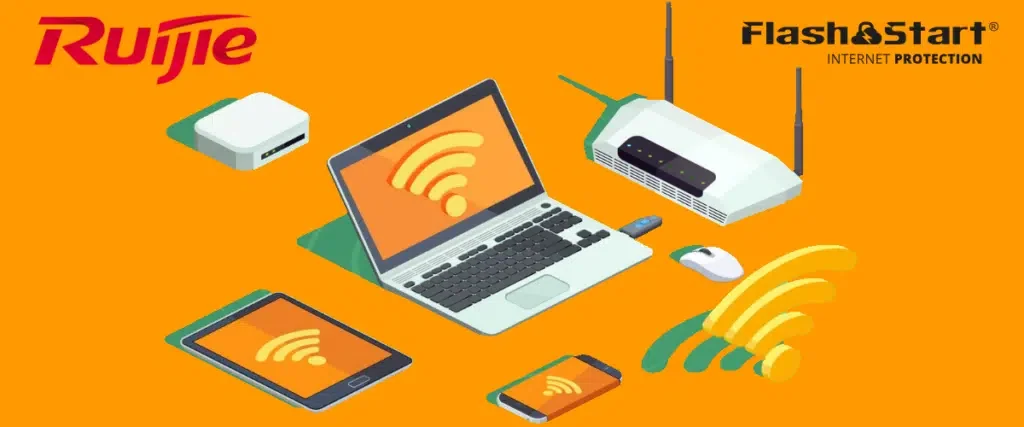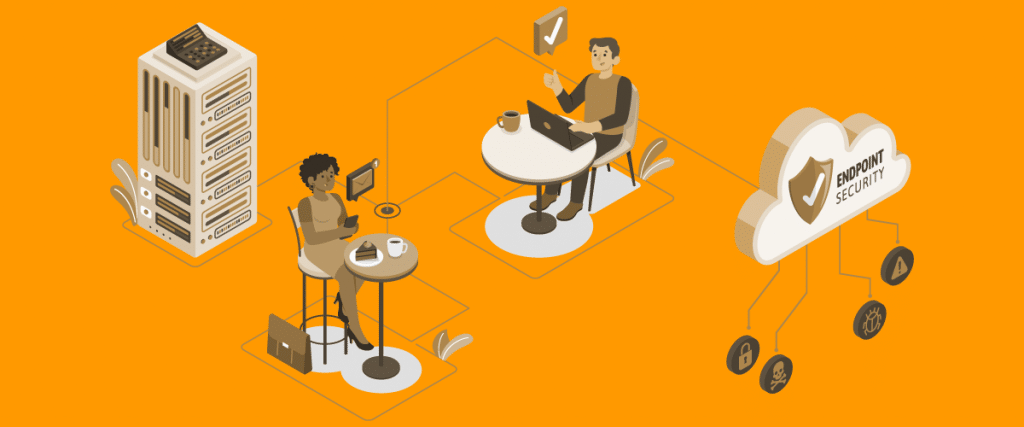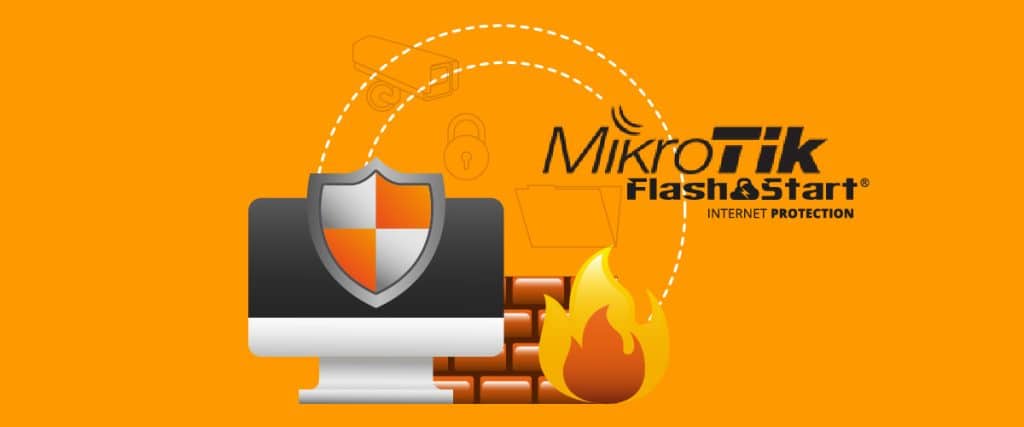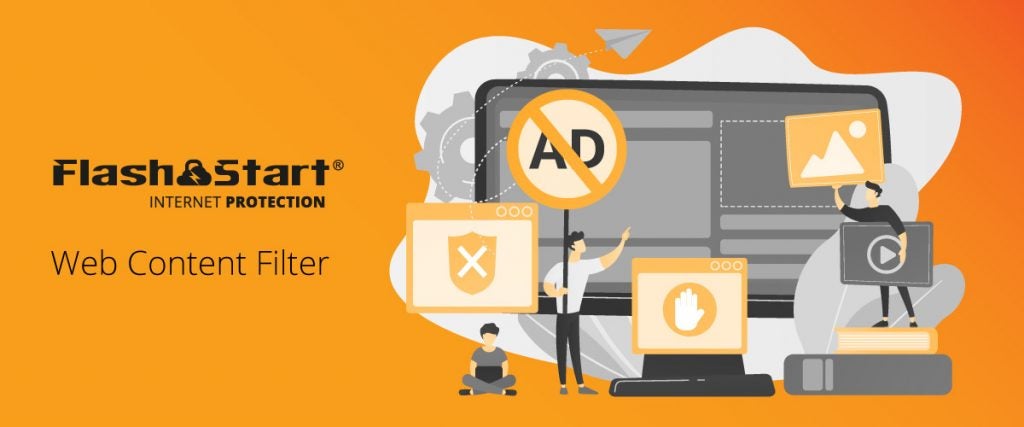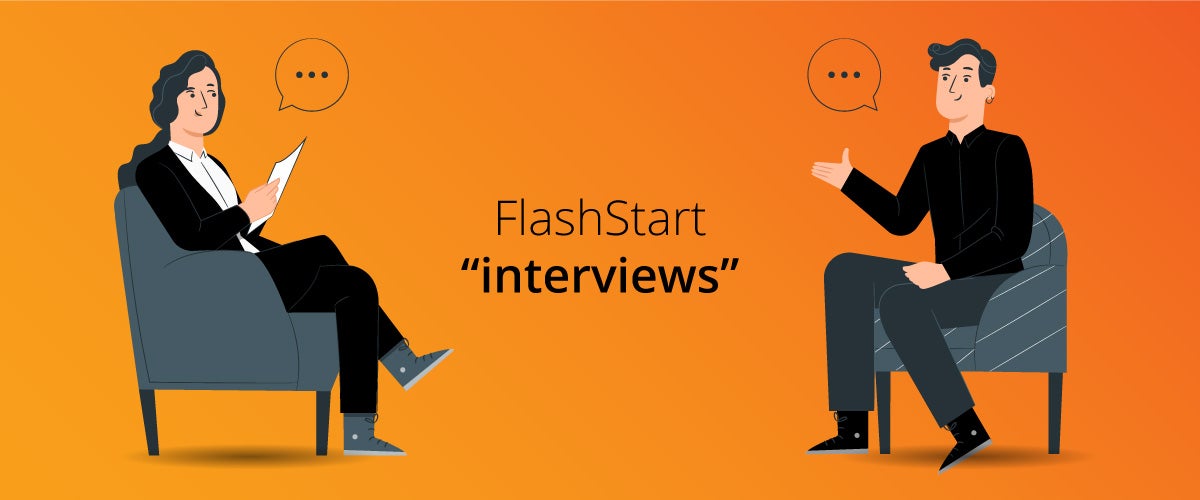
Young people in the era of cyberbullying, revenge porn, online grooming and malware: an interview with Marcello Rocca
In this special period the “digital world” has become more and more relevant in our daily lives. Parents carry out their jobs in smart working mode, students attend classes online, social relations take place increasingly through social media.
This huge amount of online activity has weakened the defences against the over-exposition of our activities online, highlighting a range of well-known problems such as cyberbullying, sexting and revenge porn, online grooming, viruses, malware and spyware.
FlashStart® has always been active in fighting these issues in the educational field, providing adequate support through the development of its cloud-based software to filter inappropriate websites and block malware. The FlashStart® Team pays attention also to the importance of spreading the culture of cybersecurity through its official blog. Today, we hosted in our pages Marcello Rocca, a friend and colleague, who kindly agreed to an interview based on his daily experience.
 Marcello Rocca
Marcello Rocca
“I have worked in IT for over 30 years and I coordinate the technical aspects of online teaching in some schools of the province of Forlì – Cesena. I particularly focus on the administration of Google Workspace for Education and cybersecurity. I have been responsible for the project Cl@sse 2.0 for the Secondary School of “Via Pascoli” in Cesena and I realize dynamic websites in ASP (Active Server Pages) and PHP (PHP Hypertext Preprocessor) using the CMS Joomla! Since 2018 I have been part of the Joomla.it Training Team, where I produce tutorials on the management of websites for Public Administrations. I have been a trainer for the Digital School National Plan for USR Emilia-Romagna since 2014 and from 2009 onwards I have held training and information sessions for students, teachers and families on the project “For a safe web”.“
1. When you work on a case of Cyber Security involving minors, to what aspect do you pay the most attention?
“Over the years I have worked a lot with the schools in our province. The aspects on which I focused the most have been different depending on the age range of the students involved. For students 9-11 I observed a growing use of technical devices without adequate control from their families. Girls of this age already make use of various social networks (Tik Tok, Instagram) and boys are more and more involved in online gaming and the chats that go with it.
In the age range 12-13 cyberbullying is more common and unfortunately I came across cases of sexting and revenge porn.
Therefore, my speeches focus more on these aspects and I’ve been dedicating more time to prevention measures in these issues, using also videos received from the Postal Police.”
2. In your experience, what is the main difficulty faced by parents with teenage children?
“Although the average age of parents is below 40 years old, I have often noticed a scarce knowledge about the issues linked to an excessive use of the devices teenagers own. Data about the average Internet connection time for youngsters 9-13 highlight a 4-hour time span for fixed terminals while the Internet use from mobile devices is of over 5 hours (ISTAT figures). This shows how teenagers use their devices away from home and without adult supervision. I think this is the biggest difficulty a parent needs to face with teenage children.”
3. What are the hidden dangers and digital frauds that are most frequently likely to target children and teenagers according to your experience as a consultant?
“The youngest, the «digital natives», have been interacting with technological devices since their first years of life. Therefore, it is sometimes difficult for them to understand the daily implications liked to the virtual reality. Online gaming platforms often use chats where not enough attention is paid to whom you meet and share you personal information with. Very often I discovered that data such as phone number, address, name of the school attended are shared online with no precautions. All this has resulted in requests from strangers, also “embarrassing” ones, who had started using online gaming platforms like Fortnite.
Another growing danger I’ve been noticing during my meetings is the use of social networks considered highly “risky”. The percentages of use of Tik Tok and ask.fm secretly are increasing exponentially. The profiles are fully “open” and hence the danger of being viewed also by strangers has risen sharply. Figures dated 2018 reveal that between 30% and 40% of teenagers aged 9-12 “launch” their social network profile publicly, thus leaving available to everyone their phone number and address…
Also, the continuous, indiscriminate and distorted use of WhatsApp (like other socials) shall not be underestimated. This is understandable for those who have just discovered its charm, but often it ends up limiting sleep hours, reducing the ability to focus and work, making it more difficult to study and concentrate, besides negatively affecting social relations. The creation of classroom groups, that more and more turn into actual pillories of the weakest and frailest students, have increased the cases of cyberbullying.”
4. Do you feel like the constant increase in offences against minors during the pandemic has been proportional to the increase in the use of Parental Control tools?
“One of the requests that I get more and more often from parents that attend my meetings is exactly about adopting safety measures for the devices used by their children both within the family environment and outside of it. Parents are not always aware of Parental Control tools and so I take care of explaining which could be the best strategies to monitor the smartphone of their children and, at the same time, limit its use.”
5. One of the most effective ways to protect our children from Internet hidden dangers is to filter websites with inappropriate contents, what do you think about this?
“Of course, the fact that a higher and higher percentage of children surf the net with no adult control whatsoever has increased the danger for teenagers to come across websites that are inappropriate for their age. It is therefore fundamental to set up appropriate filter strategies. On this topic as well the requests for help by families are becoming more urgent.”
6. Let’s speak openly: it is often the case that parents don’t have enough technical skills to protect the cellphones of their children. What would you advise these parents to do?
“I think that the main problem doesn’t lie in the technical divide between parents and children, but rather in the fact that what is missing is an adequate control from families. More and more often children are left alone or under the surveillance of grandparents who do not have sufficient technical skills to check how teenagers use their devices. A piece of advice? First of all, check constantly the devices and adopt protection and filtering systems. But also, never forget the importance of “educating” your children on the use of all sorts of devices. This should be a priority both for families and schools. In these years I have dedicated my time to the project “For a safe web” and noticed a constantly developing awareness on the part of students about the dangers caused by a misuse of the “net”.”
7. When shall people contact the Postal Police in your opinion?
“The constant increase in web risks for teenagers and in cases of cyberbullying, sexting and revenge porn has finally led Parliament to approve, back in 2017, the law “Regulations on the safeguard of minors and on prevention and contrasting of cyberbullying”. These regulations provide for a range of measures to prevent and contrast the phenomena of bullying and cyberbullying. The law became effective on 18/06/2017 and lists a variety of interventions, from “basic admonition” to the actual charge.
My experience as the contact person who coordinates initiatives to prevent and contrast bullying and cyberbullying, an activity that I used to do and still carry out in some schools of our province, has strengthened the idea that when instances like these take place it is always good to contact the Postal Police. Underestimating dangerous situations linked to the web can result in serious consequences, as unluckily the press and television often highlight.”
8. What are you most passionate about in your work as a Cyber Security consultant?
“There are various aspects I’m very passionate about. First of all, there is the active participation of teenagers during speeches, the sense of responsibility and the interest they show towards the topics during our meetings.
But you also need to consider how sensitive parents are and how they perceive my speeches also as a moment of personal enhancement.”
You may contact Marcello Rocca for his consulting services through the following:
Marcello Rocca
Mobile 3755333314
Skype Account: roccamarcello
E-Mail: info@marcellorocca.eu
FlashStart® provides the malware blocking and inappropriate website filtering services during web surfing.
> For more information click here
> To get a free trial click here
> To request the prices click here

